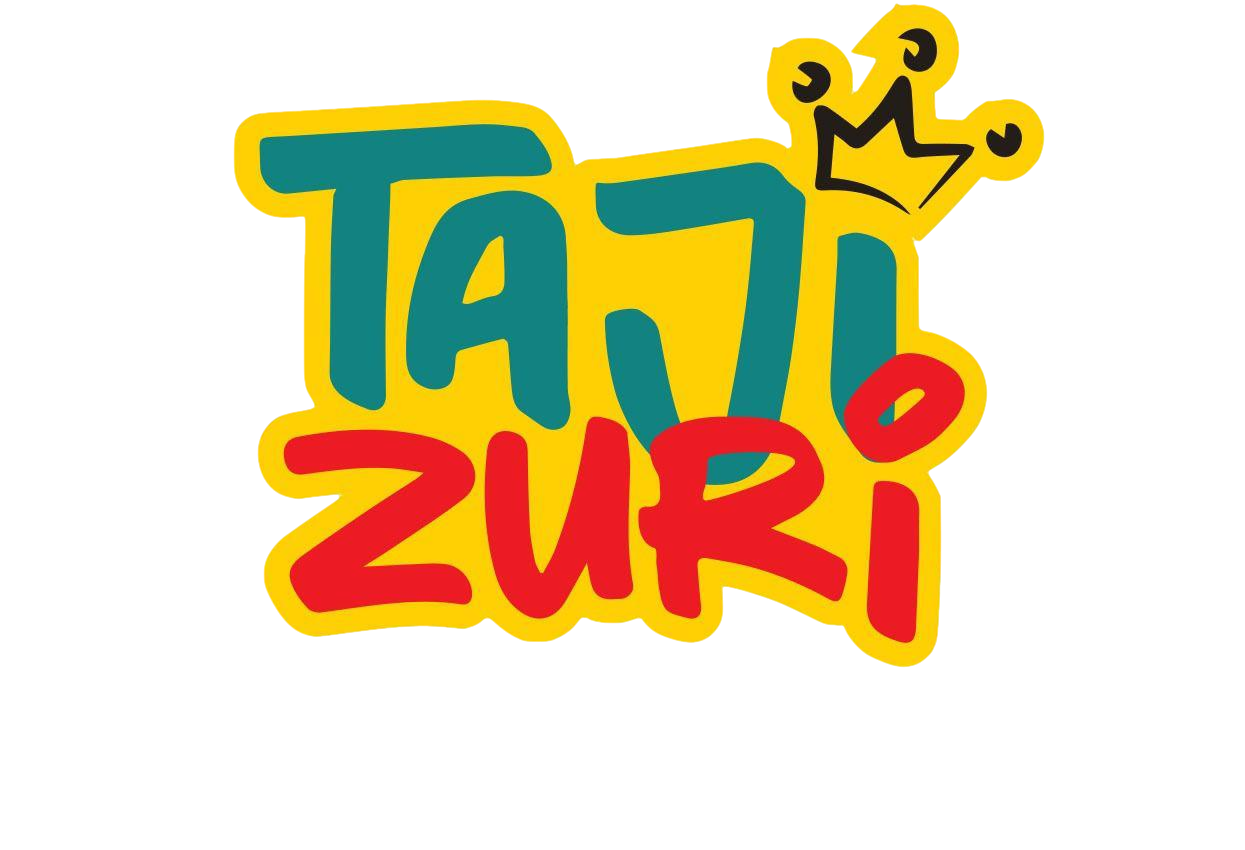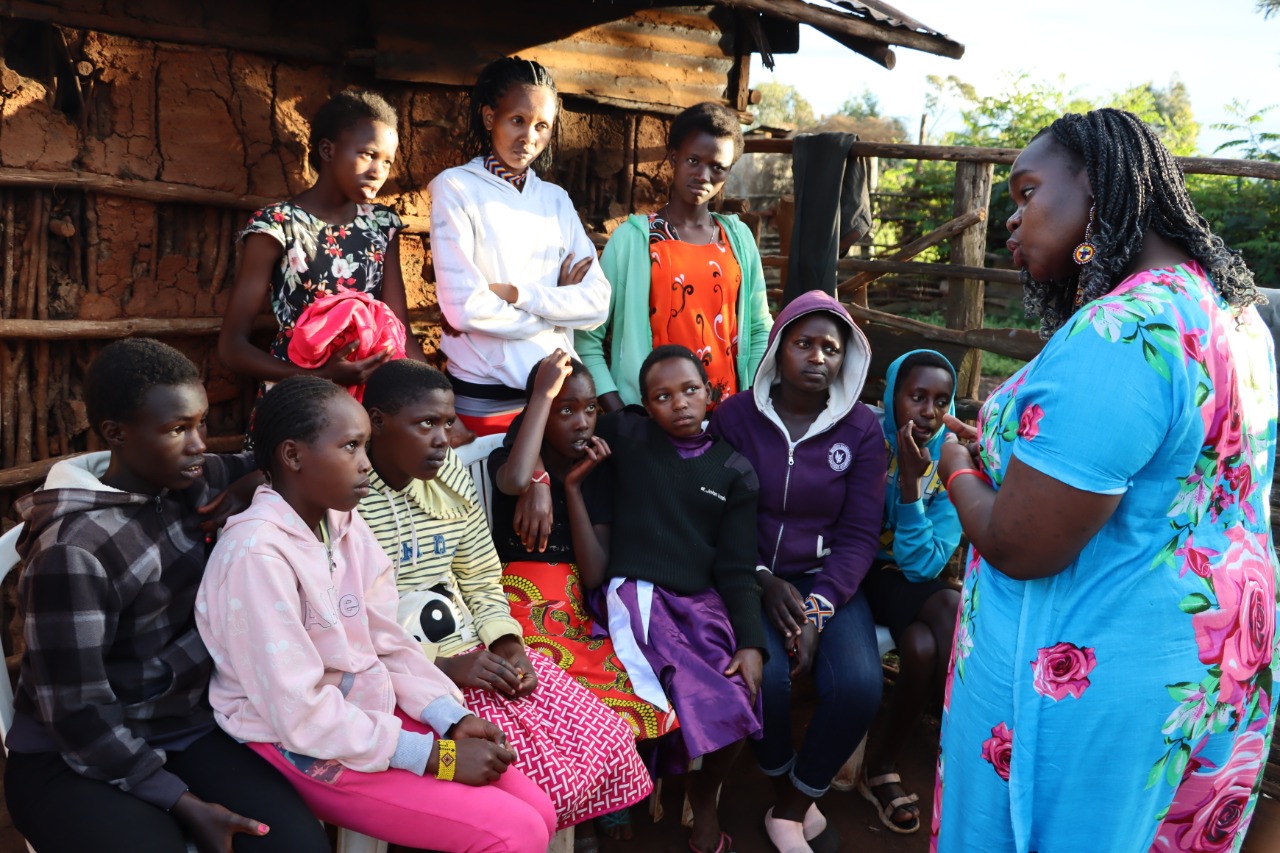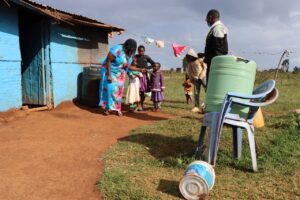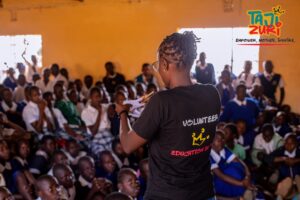Introduction
Education is a fundamental human right and a powerful tool for individual and societal development. However, in many parts of the world, cultural beliefs, norms, and traditions hinder access to quality education, particularly for marginalized groups such as girls, children with disabilities, and those from impoverished backgrounds. Addressing these barriers requires more than policy changes; it necessitates community-driven dialogue that fosters awareness, inclusivity, and collective action.
This article explores cultural barriers to education from a Global, Regional, National, and County perspective, highlighting the role of community dialogue in overcoming these challenges. It also sheds light on how TajiZuri, a non-profit organization, is working to break down these barriers to promote education through innovative, human-centered programs.
Perspectives on Cultural Barriers to Education
Global Perspective
Across the world, cultural norms and traditions significantly influence access to education. In many societies, gender roles dictate that girls prioritize household responsibilities over schooling, leading to early marriages and school dropouts. Additionally, certain communities still view education as unnecessary for children with disabilities or those from low-income backgrounds. While international frameworks such as the United Nations Sustainable Development Goal 4 (Quality Education) advocate for inclusive and equitable education, overcoming deep-rooted cultural beliefs remains a challenge.
Regional Perspective: East Africa
In East Africa, cultural factors play a major role in shaping education outcomes. Many pastoralist communities in Kenya, Uganda, and Tanzania still prefer boys’ education over girls’ due to the expectation that girls will marry early and leave their families. Traditional initiation rites, such as Female Genital Mutilation (FGM) and Early marriages, continue to threaten girls’ access to education despite strict legal measures. Additionally, Poverty and Seasonal migration patterns among nomadic groups further exacerbate the situation.
Organizations and governments are working to shift mindsets through advocacy, awareness campaigns, and policy interventions.
National Perspective: Kenya
Kenya has made significant progress in promoting education through the Free Primary Education
(FPE) and Free Day Secondary Education (FDSE) programs. However, cultural barriers still persist, particularly in rural and marginalized communities. Among the biggest challenges are early marriages, teenage pregnancies, and parental perceptions that boys should receive more educational support than girls. Additionally, traditional beliefs in some communities discourage children with disabilities from attending school. Efforts by both the government and non-governmental organizations (NGOs) focus on changing these perceptions through community engagement and education initiatives.
County Perspective: Homabay
In Homabay County, cultural norms continue to affect school attendance, especially for girls. The county has some of the highest rates of teenage pregnancies and early marriages in Kenya, which significantly impact girls’ education. Poverty also plays a role, with many families struggling to afford school-related expenses despite government subsidies. Through community dialogue, mentorship programs, and targeted interventions, stakeholders are working to change attitudes and encourage families to prioritize education for all children.
The Role of Community Dialogue
Community dialogue is a powerful tool for addressing cultural barriers to education. Engaging community elders, parents, religious leaders, and youths in discussions helps to challenge harmful beliefs and promote positive attitudes toward education. Key approaches include:
- Engaging Cultural and Religious Leaders – Influential community figures can play a crucial role in changing traditional mindsets about education, particularly for girls and marginalized groups.
- Creating Safe Spaces for Discussion – Encouraging open conversations about issues such as early marriages, gender roles, and the importance of education helps dismantle negative stereotypes.
- Encouraging Parental and Caregiver Involvement – When parents understand the long-term benefits of education, they are more likely to support their children’s schooling.
- Using Local Role Models – Successful individuals from the community can inspire students and parents to value education.
- Incorporating Traditional and Modern Perspectives – Bridging traditional beliefs with modern education practices ensures sustainable change that resonates with local communities.
TajiZuri’s Role in Promoting Education
TajiZuri is at the forefront of eliminating cultural barriers to education in Kenya, particularly in hard-to-reach rural areas. Through its human-centered development programs, TajiZuri aims to scale up education, empower caregivers and teachers, and enhance community wellbeing.
TajiZuri’s Approach
TajiZuri employs a customized, holistic model that integrates education, health, and economic empowerment to create lasting impact. This model includes:
- Training and Capacity Building – Equipping teachers, caregivers, and community leaders with life skills and economic knowledge to foster better learning environments.
- Interactive Learning Activities – Using play-based learning, mentorship programs, and creative workshops to keep students engaged.
- Networking and Life Skills Training – Providing students with the tools to build confidence, resilience, and leadership skills.
- Provision of Educational Resources – Distributing school supplies, infrastructure support, and digital learning tools to enhance learning experiences.
Impact on Education
By integrating community dialogue with practical interventions, TajiZuri is transforming education outcomes in Rural Kenya. Its programs help to shift cultural mindsets, reduce school dropout rates, and empower both learners and educators. Through continuous engagement, TajiZuri is fostering a culture of education and lifelong learning within communities.
Conclusion
Cultural barriers to education remain a significant challenge in many communities, thus community dialogue provides a powerful solution for changing attitudes and promoting inclusivity. By engaging local leaders, parents, and other stakeholders, societies can break down long-standing traditions that hinder education.
Organizations like TajiZuri play a crucial role in accelerating this transformation by combining dialogue with practical interventions that support education, health, and overall community wellbeing. Through continued efforts, Kenya—and the wider East African region—can move towards a more equitable and educated society, ensuring that every child has the opportunity to learn and thrive.
Article written by:
Awino Victor
Program officer




